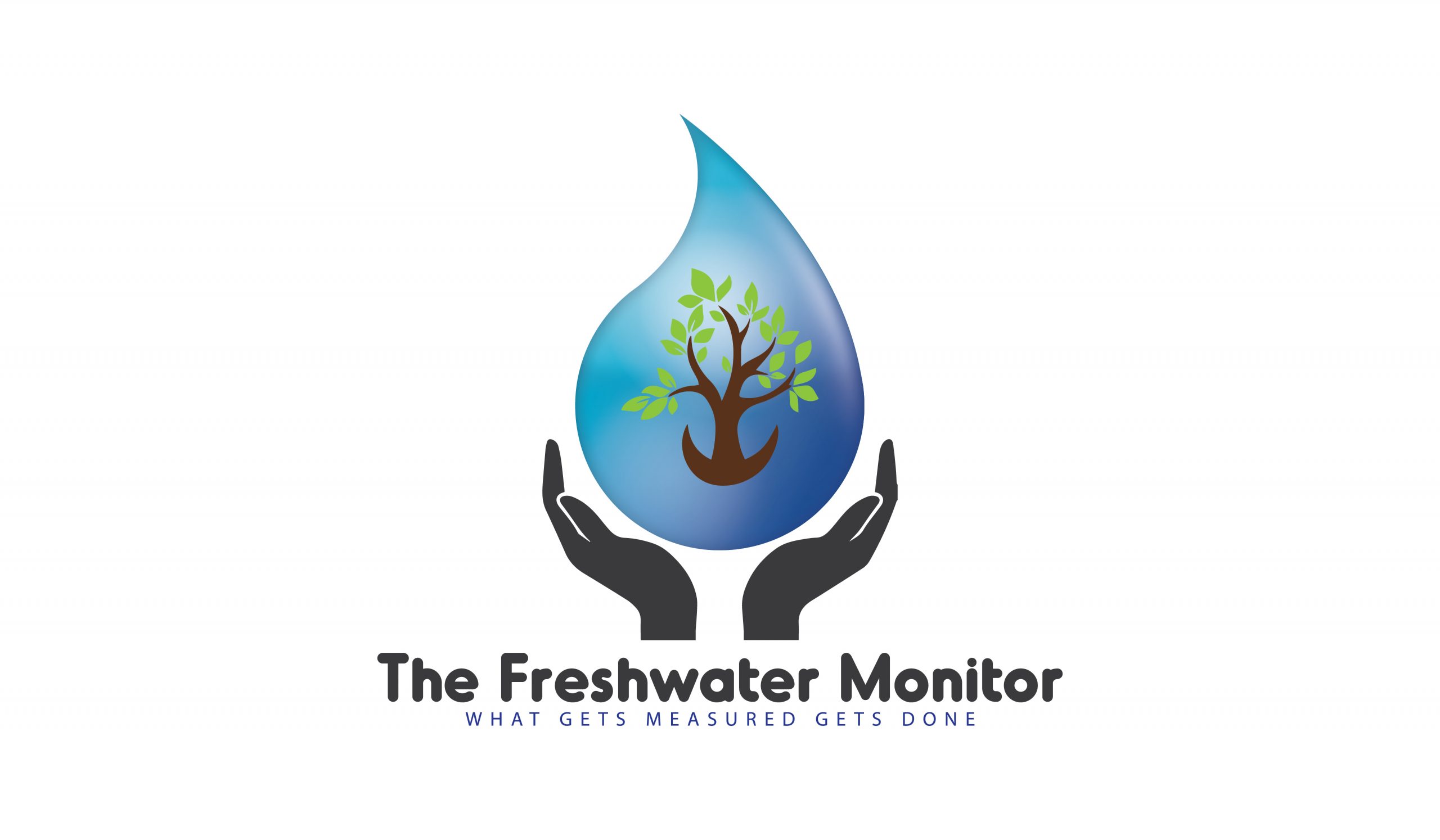The Reporting Initiative on Climate change, Health, Water and the Environment (RICHWE) is a programme to support Civil Society Organisations and National Human Rights Institutions to promote and protect climate change, health, water and environment related human rights.
The main focus of the programme is to build capacity and provide hands on support to document and include environmental rights elements in the Universal Periodic Review mechanism of the Human Rights Council. The UPR is a key mechanism through which assessments are made of State progress in implementing such rights, advances are noted, and States are held to account where there have been gaps in their implementation of environmental and human rights agreements. Where states have included references to the right to water, the right to as healthy environment, etc. in their constitutions and have ratified related international conventions, key aspects of the national implementation of the Sustainable Development Goals can be reviewed every four and a half years in Geneva. Now that a unique precedent has been created through the UPR reporting of the Netherlands, the stage has been set for a new global chapter in progress monitoring and accountability on rights-based protected sustainable development guarantees.
The general objective is to ensure increased capacity of key national stakeholders (NGOs and NHRIs) to monitor and report on Water, Health, Climate Change and other Environmental issues and the human rights intertwined with these issues. In terms of scope, this includes the duties of the State to respect, protect and fulfil several environmental rights domains, as well as the protect, respect and remedy framework for business and human rights. Additional aims of the programme are (i) to monitor progress and share recommendations and best practices from the UPR process in relation to climate change, health, water and the environment, and (ii) to promote (other) UN human rights reporting in relation to climate change, health, water and the environment.
More specifically, the programme aims to ensure that environmental rights are included in the UPR process of 20 countries by mid 2024. More concrete this means 20 NHRI reports and 20 NGO reports (building on contributions and supported by 200 NGOs in these countries) will have been submitted on environmental rights. Together with JustLaw and the Stakeholder Forum, the Freshwater Monitor has so far contributed to the submission of stakeholder reports for Belgium, Paraguay and Tanzania, as well as JustLaw having played a key role in the precedent set by the Netherlands. consultations
Generic courses will be developed for NHRIs, to be provided at the occasion of the General Assembly of National Human Rights Institutions (GANHRI) in Geneva and UN Environmental Assembly.
Generic and modular courses will be developed for national NGOs and delivered through online training. Beyond promoting increased UN reporting, the programme seeks to trigger further research and more detailed UN Human Rights Council recommendations on human rights in relation to climate change, health, water and the environment with focus on both State and business actors.

Comments are closed